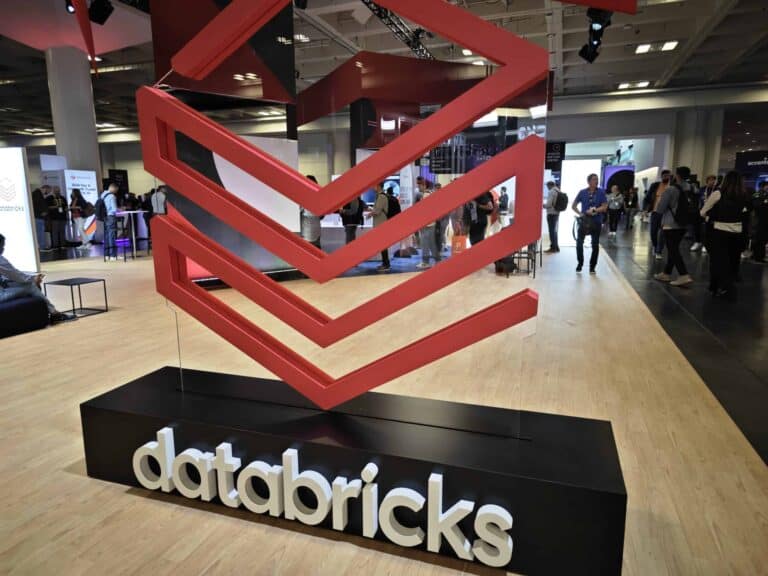Anthropic Claude 3.7 Sonnet is now available within Databricks on AWS, Azure and GCP. This makes it possible to use the model without separate installation or configuration.
Claude 3.7 Sonnet offers support for reasoning and planning tasks and is geared towards performing tasks that require multiple steps and contextual information. The integration with Databricks offers developers the option to use the model in SQL, Notebooks and Workflows, without the need for their own infrastructure.
Insight into intermediate thought processes
Claude 3.7 is Anthropic’s most recent model and was developed for applications where a transparent and verifiable reasoning process is important. The model uses a hybrid approach in which users can influence processing time and gain insight into the intermediate thought processes. This makes it suitable for situations where reliability and traceability are important.
The model has been tested on TAU-bench, among others. This is a benchmark that evaluates AI agents on realistic tasks with user interaction and the use of external tools. Claude scored well in this, partly thanks to the possibility of working with different input sources and APIs.
Claude is available with logging, supervision and automatic detection of sensitive data via Mosaic AI in Databricks. This means the model can also be used in environments with stricter requirements for data use. Companies can use Claude to build AI agents that work with their own data, while control and observation remain possible within the existing platform.
Integration in existing processes
Developers can combine Claude with other parts of the Databricks ecosystem. The model can be used for batch inference via SQL. There is support for scalable processing without the need to manage servers. Claude connects to the existing Databricks tools, so it can be integrated into existing work processes. Claude 3.7 Sonnet is available via Mosaic AI Playground and Model Serving.
